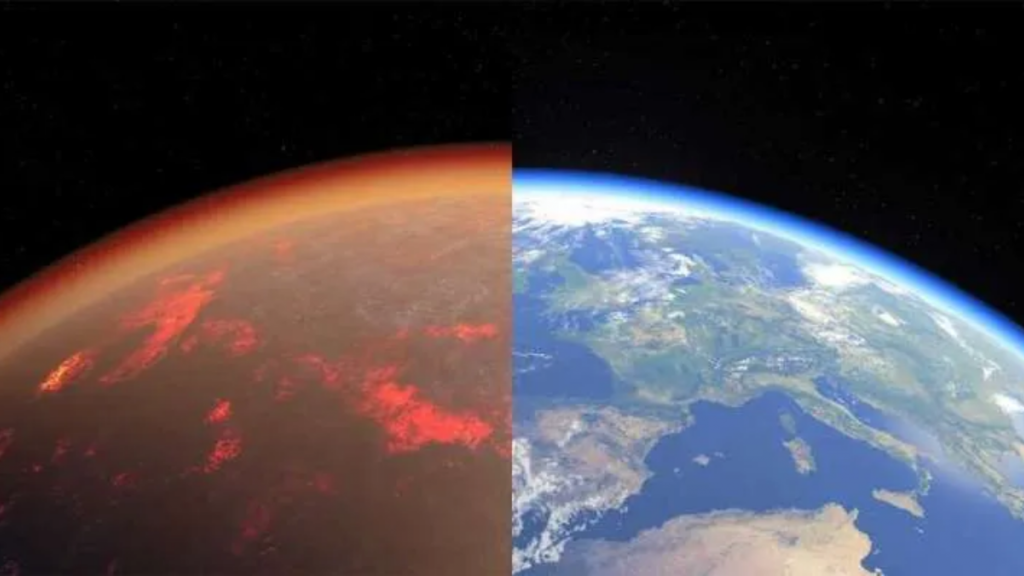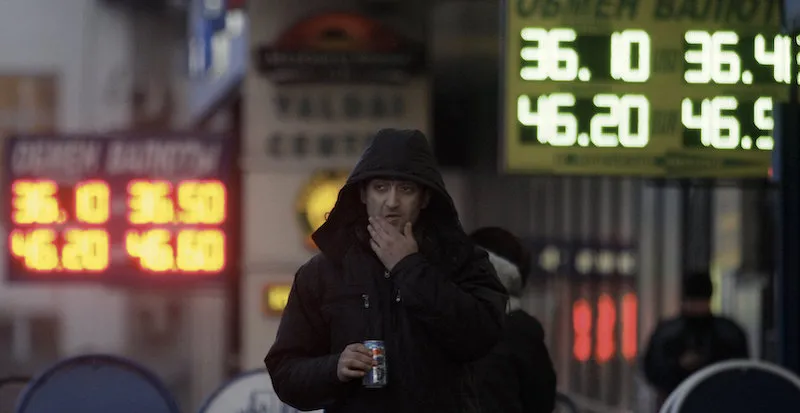Probably, for the first time since 1917, Russia defaulted on its foreign debt, that is, it was not able to pay the interest on government bonds issued in foreign currencies in a timely manner. Russian negligence – which was confirmed by various media, including Bloomberg – However, it is very unusual: Russia did not pay not because it did not want or did not have the funds to do so, but because economic sanctions imposed by the West prevented it.
On Sunday, June 26, the deadline for paying nearly $100 million in interest on dollar-denominated bonds to Russia expired. The repayment officially expired on May 27, but in these cases a “grace period” of one month is always given, to allow the debtor to comply. But by the end of Sunday, interest payments had not yet arrived.
Thus, Russia is now in a default situation, that is, a state of insolvency in which the government of a country is unable (or in rare cases refuses) to pay all or part of its debt.
If confirmed, this is the first time Russia has defaulted on its foreign debt since 1917, when Soviet leader Vladimir Lenin, immediately after the Bolshevik Revolution, refused to repay international debts that had been paid by the old Tsar Empire. Russia also defaulted in 1998, but due to domestic debt (although there is some controversy on this issue, and some believe that the country also defaulted on external debt in 1998).
However, at the moment, neither the rating agency nor various institutional bodies (such as the US Credit Derivatives Committee) have declared that Russia is in default: because they are probably waiting for clearer confirmations, and because this default is certainly strange, and perhaps these are A unique case in history: it was caused primarily by the fact that the sanctions made it impossible for Russia to repay the amount.
Both the United States and Europe in recent months have cut off Russia from the international economic system, sanctioning several banks that have processed debt payments and effectively eliminating any possibility for Russia to conduct the necessary payment transactions.
Russia, which had relatively small external debts and large cash reserves from the sale of hydrocarbons and raw materials, could have easily repaid the debt, and tried to do so in various ways. Until May, the country was still able to pay thanks to some waivers granted by the US administration, which were nonetheless permanently delete Close to the $100 million interest due date.
Also for this reason, it is very likely that Russia will refuse to define a default: a few days ago, Russian Finance Minister Anton Siluanov said that his country would “refuse to label” the default and called the whole situation a farce. But as many economists have noted, this does not mean that Russia plays no role in the situation: Western sanctions are a direct consequence of its invasion of Ukraine.
The consequences of default are usually very severe for the economy that announces it: among other things, the exit of foreign investment and the difficulty of refinancing in international markets. However, in this case, the consequences for Russia will be modest because all of these things have already happened: investors have exited at the start of the invasion and the country has been cut off from the markets for months.
However, the consequences of default are likely to emerge anyway, especially if at some point the country tries to refinance itself in the markets.
This bizarre Russian default also poses many legal complications, as creditors will find it more difficult to recover the money. Creditors can usually sue the insolvent state and demand repayment of the debt, or in any case initiate a negotiation to defer or reorganize the payments. However, it is very likely that Russia will say that it has fulfilled its duties, and that the failure to pay is the fault of the West alone. It is not entirely clear what will happen at this point: there is no precedent.

“Coffee fan. Tv specialist. Social media aficionado. Zombie geek. Evil analyst. Web expert.”







More Stories
Never wash your car if you go on vacation to this country that Italians love so much | They will impose a fine of 3,000 euros on you
“He is dying, in Chechnya they are looking for his heir.”
The infection struck him directly…